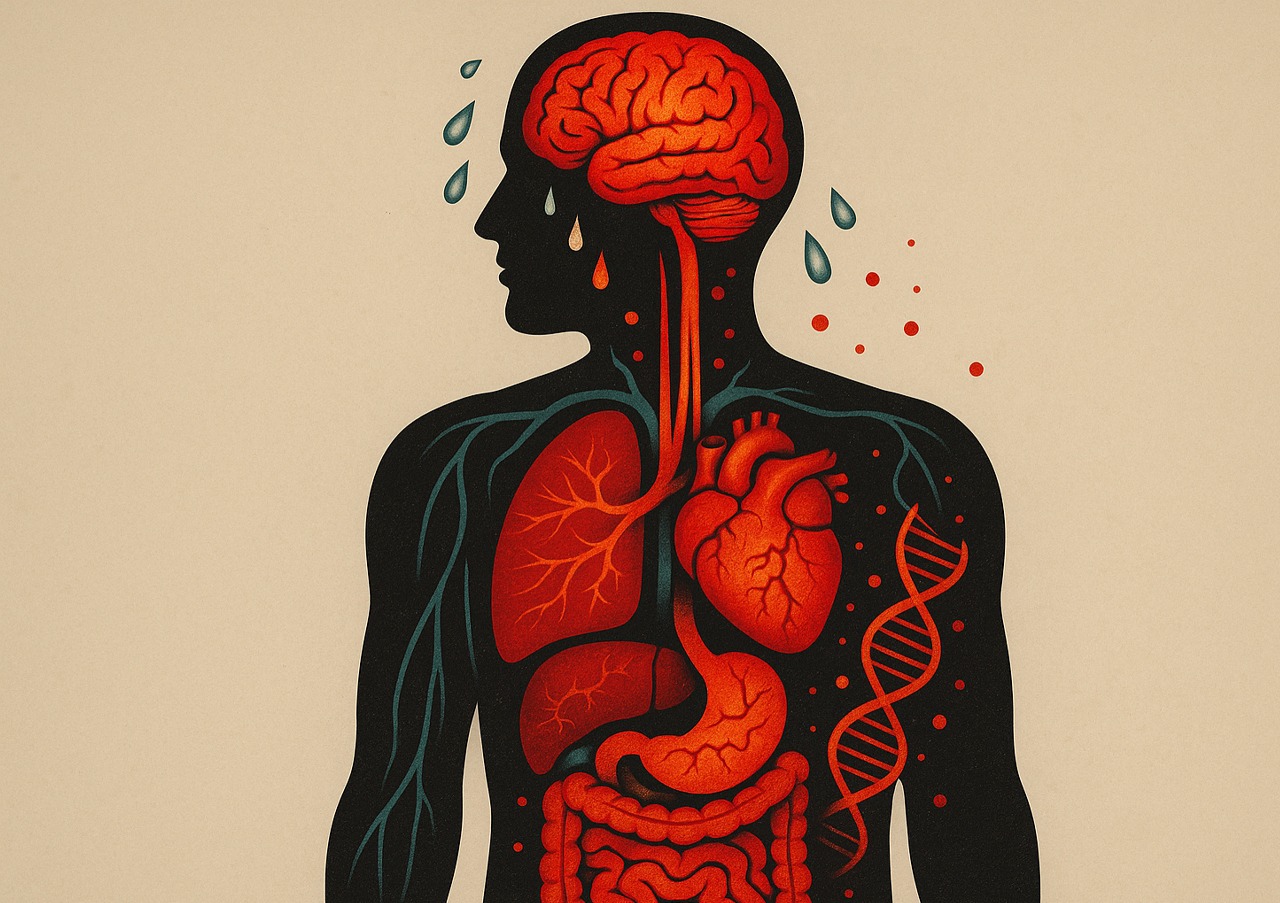
We've all been there, that moment when the pressure feels overwhelming, when simple tasks become monumental challenges, and when you can't shake the feeling that something's not quite right. Maybe it's forgetting important appointments, snapping at loved ones over minor issues, or lying awake at night with racing thoughts.
New research from neurosurgeon Dr. Steven Spitz reveals exactly what happens inside our heads when stress becomes chronic. It's not pretty. The hippocampus, the part of your brain responsible for memory, actually gets smaller when bombarded with stress hormones like cortisol. Meanwhile, your amygdala, the brain's alarm system, goes haywire, making you jump at every email notification and snap at your kids over spilt milk.
"Your brain starts to prioritise threats over logic," explains Dr. Spitz. Think about it: when did you last feel truly calm? When did you last decide without that underlying sense of urgency or dread?
Here's what really should worry you: stress isn't just messing with your mood. It's killing you slowly. Decades of medical research have connected chronic stress to heart disease, cancer, stroke, and a laundry list of other conditions that top the charts for causes of death.
Dr. George Slavich from UCLA learned this the hard way. When his father died suddenly, Slavich, who studies stress for a living, tried to get his healthcare providers to assess his stress levels. They wouldn't do it. "If stress isn't assessed, then it isn't addressed," he says, highlighting a massive blind spot in modern medicine.
Recent studies show that people with BRCA gene mutations face higher cancer risks when under psychological stress. Other research suggests stress doesn't just cause disease, it speeds up existing conditions and pushes people toward unhealthy coping mechanisms.
Walk into any doctor's office complaining about stress, and you'll likely get a blood pressure reading and maybe some questions about your sleep. That's like trying to understand a forest fire by checking the temperature of one leaf.
Stress affects nearly every system in your body. Your genes change expression patterns within minutes of experiencing social stress. Your gut bacteria shift. Your inflammatory markers spike. Traditional medicine is just now catching up to what stress researchers have known for years: you can't understand stress by looking at one simple measurement.
The pandemic pushed technology forward, though. We now have wearable devices that track heart rate variability, sleep patterns, and even stress hormones in sweat. Scientists are developing sensors that can detect cortisol levels in real-time.
The good news? You're not helpless. Clinical trials prove that certain interventions can rewire your brain back to health. Cognitive behavioural therapy teaches you to stop ruminating after stressful events. Exercise, social connections, and time outdoors all help reset your stress response.
Dr. Spitz practices what he preaches. His daily routine includes movement (even just 10 minutes counts), setting boundaries without guilt, and something he calls "box breathing", breathing in for two seconds, holding for two, exhaling for two, holding for two. He takes walks without his phone and treats sleep like preparation for surgery.
"No trendy hacks," he insists. "Just what works."
Stress levels shot up during the 2008 recession and again during COVID-19. But here's the kicker: they never came back down. We're living in a state of chronic activation that our bodies simply weren't designed to handle.
David Almeida, who studies stress patterns at Penn State, puts it bluntly: "Any time there is uncertainty in society, we see increases in reports of stress." Sound familiar? That traffic jam that used to be mildly annoying now feels like a personal attack. That work email makes your heart race. We're all walking around with our threat detection systems stuck in the "on" position.
The medical community is finally waking up to what might be the defining health crisis of our time. Better assessment tools are coming. Personalised interventions are being developed. But we can't wait for the healthcare system to catch up.
The question isn't whether stress is affecting your health. The question is: what are you going to do about it?